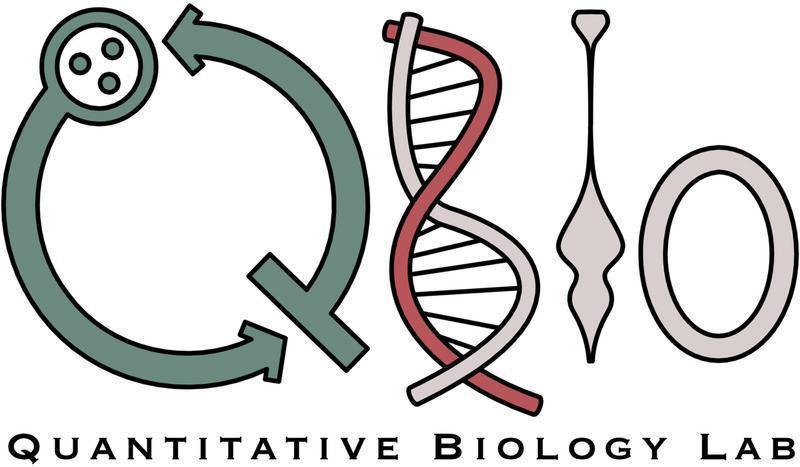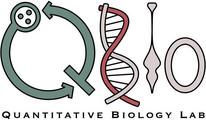Quantitative Biology (q-Bio)
Staff
- Cordero Francesca (Group leader)
- Beccuti Marco (Group leader)
- Pernice Simone (Researcher)
- Sirovich Roberta (Affiliate)
- Tortarolo Dora (Postdoc)
- Licheri Nicola (PhD student)
- Rosso Elena (PhD student)
- Aucello Riccardo (PhD student)
- Volpatto Daniela (PhD student)
- Sandro Gepiro Contaldo (Technician)
- Terrone Irene (Research fellow)
- Ferrero Giulio (Collaborator)
- Follia Laura (Collaborator)
- Calogero Raffaele Adolfo (Collaborator)
- Balbo Gianfranco (Affiliate)

ERC Sectors
Activity
The main interest of the Quantitative Biology (q-Bio) group is the development of computational models able to integrate several sources of data and knowledge in order to give new insights into the comprehension of the biological mechanisms at the bases of the disease considered and in the definition of patient tailored therapies.
We are focused on two main research areas: the development of new algorithms to the deep sequencing data analysis and cancer modeling.
For what concern deep sequencing data, we defined new algorithms, workflow, and tools (eg SeqMDD, DSGen, HashFilter) with different purposes: deconvolution for assembly of new genomes, mapping, analysis of RNA-seq data in term of expression (i) detection of isoforms, long noncodingRNA, microRNA expression levels and (ii) discovering of chimeras. We have also experience in the analysis of CHiP-seq data and histonic modification high-throughput data, with this data available our interest is the development of new integrative approaches.
The application of our computational methodologies regards several research areas i.e. molecular oncology in particular in the study of clonal evolution, in particular in the case of immunoglobulin (IG) and T-cell receptor (TCR) gene rearrangements used for discrimination between normal (polyclonal) and abnormal/ malignant (monoclonal), detection of expression and methylation profiles of microRNAs to define a set of cancer biomarkers in colorectal cancer, bladder cancer and cervix cancer.
The cancer clonality is also investigated by mathematical and computational formalisms. We are interested in a deep understanding of all the mechanisms underlying the kinetics of biochemical reactions characterizing biological pathways, in terms of concentration of substrates and products as well as rates of reactions.
We work in the definition and development of methods that allow the description of biological systems and their qualitative and quantitative analysis. The models are built through systems of differential equations and/or stochastic and deterministic computational formalisms. We are focused on the development of mathematical models that describe different stages of development and cancer progression as well as the simulation of specific therapies. In addition, we are interested in the composition of models on different time scales and granularity, eg. molecular, cellular, metabolomics, cell population level etc.





